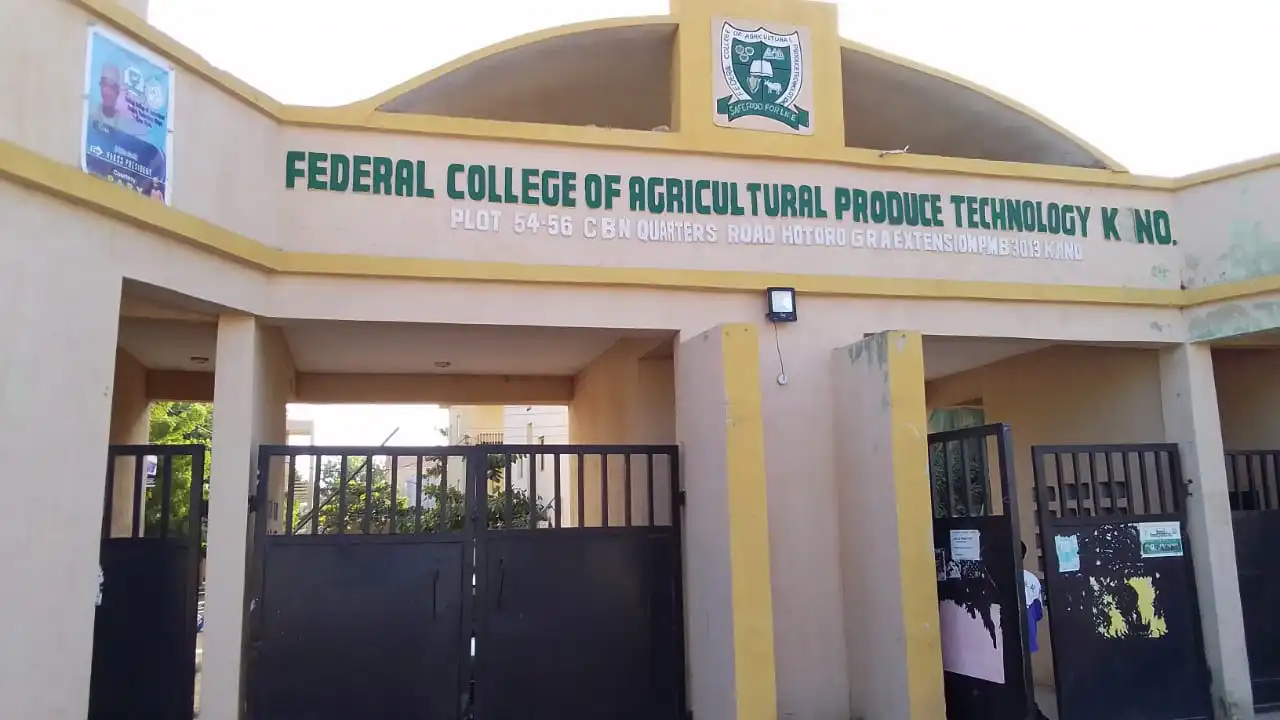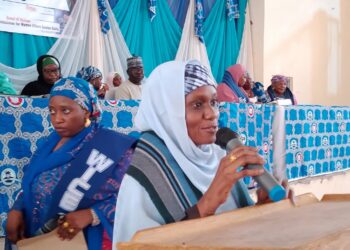Umar Idris Shuaibu, Kano
The Federal College of Agricultural Produce Technology (FCAPT), Kano, has commenced its 2nd Multidisciplinary National Conference with a focus on a critical theme “National Food Security: The Present Challenge and the Renewed Hope for the Future.”
In his welcome address at the opening ceremony, the Provost of the College, Dr. Muhammad Yusha’u Gwaram, welcomed participants drawn from academia, industry, government agencies, and research institutions across the country. He described the conference as a timely response to the country’s growing food security concerns.
“Food security is not just an agricultural issue; it is a multidimensional challenge intersecting with economics, health, environment, technology, and governance,” Dr. Gwaram said. He stressed the need for collaborative, interdisciplinary solutions to address issues such as food accessibility, affordability, and sustainability.
Read Also:
FCAPT Matriculates 1,660 Regular Students
Citing the nation’s ongoing challenges including inflation in food prices, climate change, resource depletion, and population growth, the Provost urged stakeholders to work towards inclusive and innovative solutions. “Within these challenges lies the seed of renewed hope, through policy reform, technological advancement, and the resilience of our farmers and communities,” he noted.
Dr. Gwaram also used the opportunity to highlight the College’s contributions to national development through its academic programmes, which are tailored to support key sectors of the economy and food value chain.
FCAPT’s Higher National Diploma (HND) programmes include:
1. Pest Management Technology
2. Agricultural Extension and Management
3. Networking and Cloud Computing
4. Software and Web Development
5. Statistics
6. Agribusiness Management
7. Animal Production Technology
8. Food Science Technology
9. Crop Production
10. Post-Harvest Technology
The National Diploma (ND) programmes offered by the College include:
1. Agricultural Technology
2. Horticulture
3. Animal Health Production
4. Science Laboratory Technology
5. Food Science Technology
6. Nutrition and Dietetics
7. Computer Science
8. Statistics
9. Cooperative Economics and Management
“These programmes reflect our commitment to practical, innovative, and industry-relevant education that directly contributes to food security and economic resilience,” he added.
The two-day conference features technical sessions grouped under five thematic areas: Post-Harvest, Mathematical and Computer Sciences, Physical Sciences, Life Sciences, and Social Sciences and Humanities. It aims to promote dialogue, showcase research, and encourage actionable strategies to enhance Nigeria’s food security framework.
Dr. Gwaram commended the organising committee, sponsors, and partners for their dedication and support in making the conference a success. He expressed optimism that the outcomes of the sessions would lead to meaningful policy recommendations and collaborative initiatives.
“Let us open our minds, challenge assumptions, and foster ideas that will move us closer to a future where national food security is not just a goal but a guaranteed reality,” he said.
The conference continues with paper presentations, panel discussions, and networking sessions intended to bridge the gap between policy, science, and field practice.























 You can install this WP plugin on your website from the WordPress official website:
You can install this WP plugin on your website from the WordPress official website: 